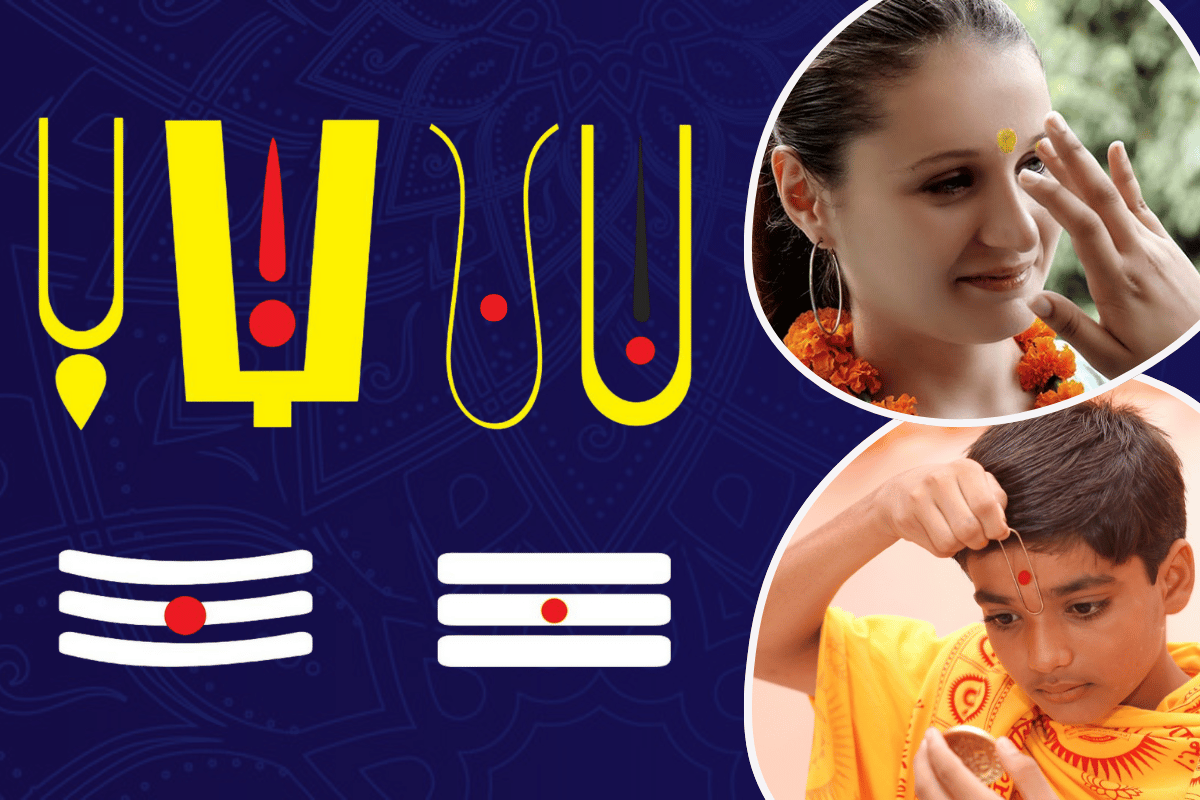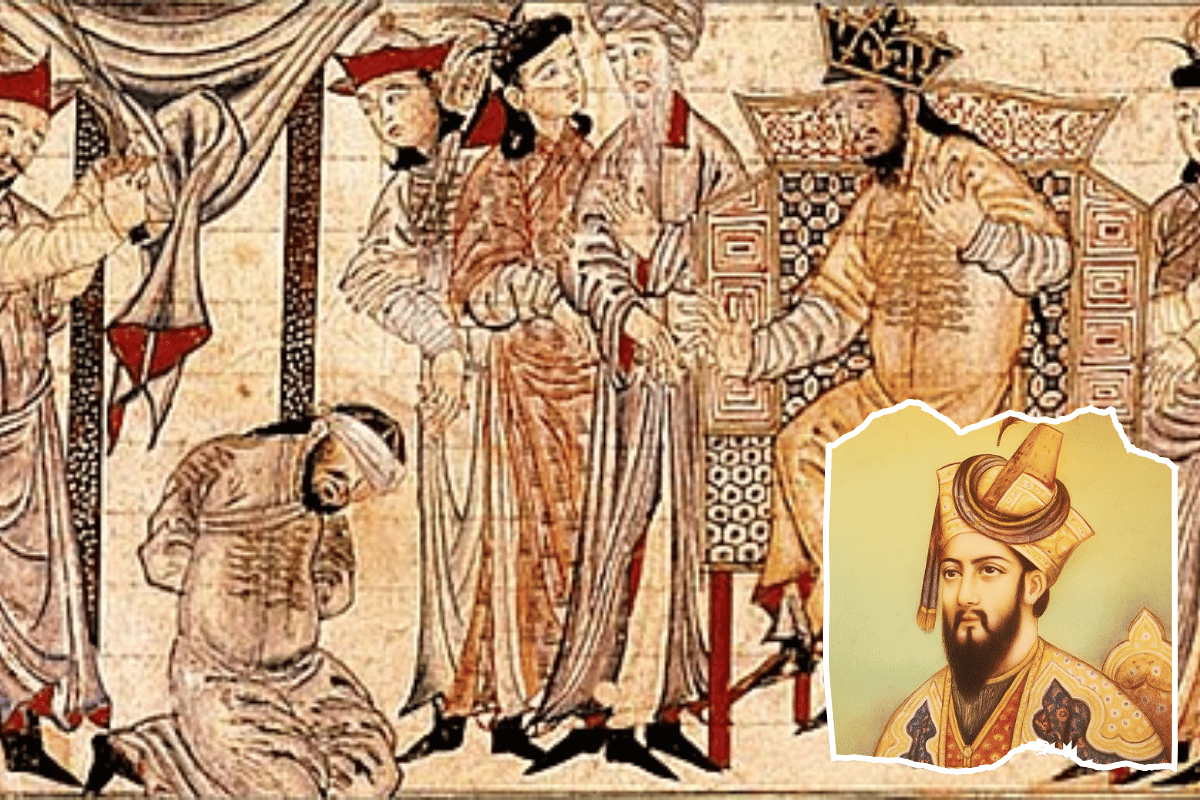
In December 2019, the Parliament of Bharat (India) passed the Citizen Amendment Act and in March 2024, after enduring a four-year struggle, the detailed rules outlining the qualifications and procedures of the Citizenship (Amendment) Act of 2019 were officially notified in the Gazette of India on 11th March 2024. In this article, we aim to understand briefly what is the CAA and bust some myths propagated by Liberals, whose sole motive is to oppose anything which is pro-Hindu.

What is CAA 2019?
The Citizenship Act has undergone multiple amendments in 1986, 1992, 2003, and 2005, with the aim of extending citizenship to individuals residing in territories integrated into Bharat following the resolution of land disputes. The CAA 2019 was enacted to offer BHartiya citizenship to persecuted religious minorities such as Hindu, Sikh, Christian, Buddhist, Jain, and Parsi communities in Muslim-majority neighbouring nations of Pakistan, Bangladesh, and Afghanistan.
After the partition of Bharat on religious lines, the population of minorities in the Islamic nations has dwindled rapidly due to their persecution in the hands of the majority community there. This law streamlines the process for persecuted minorities to gain Bhartiya Citizenship. To note, the Act doesn’t provide citizenship indiscriminately and only simplifies the process:
The CAA stipulated that individuals belonging to these from three Islamic nations needed to reside in Bharat for a minimum of 11 years to qualify for citizenship through naturalization. However, under the revised act, this residency requirement has been reduced to 5 years.
Only individuals who entered Bharat by the cutoff date of 31st December 2014, will be eligible to apply for Bhartiya citizenship through the central government.
The list of documents accepted has been widened and candidates can submit the documents in any 1 of the 22 languages listed in in the Eighth Schedule, along with an affidavit of qualification from two Bhartiya citizens other than themselves.
While the opposition in Bharat and left liberals all over the world went up against the Act, let us burst some myths around the CAA:
Does the CAA affect any Bhartiya citizen?
No, it has nothing to do with any Bhartiya citizen including Muslims in any way. Bhartiya citizens will continue to enjoy fundamental rights conferred to them by the Constitution of Bharat (India).
How does it benefit Hindu, Sikh, Jain, Buddhist, Parsi and Christian foreigners hailing from these three countries?
It streamlines and makes the process faster. If the people applying don’t have their documents such as passports or visas in order, they can apply for Bhartiya citizenship by submitting documents listed in the Act, if they were persecuted back home. The CAA creates this legal right for such migrants. Secondly, they get a faster route for Bhartiya citizenship through the Naturalisation Mode. The minimum residency requirement in Bharat would be only 1+5 years instead of 1+11 years as applicable for all other categories of foreigners.
Can Muslims from Bangladesh, Pakistan and Afghanistan never get Bhartiya Citizenship?
No, the present legal process of acquiring Bhartiya citizenship by any foreigner of any category through Naturalization (Section 6 of the Citizenship Act) or through Registration (Section 5 of the Act) stays operational. The CAA does not amend or alter it in any manner whatsoever. Hundreds of Muslims migrating from these three countries have been granted Bhartiya citizenship during the last few years. If found eligible, all such future migrants shall also get Bhartiya citizenship, irrespective of their numbers or religion. In 2014, after the settlement of Indo-Bangladesh boundary issues, 14,864 Bangladeshi citizens were given Bhartiya Citizenship when their enclaves were incorporated into the territory of Bharat. Thousands of these foreigners were Muslims.
Will any Muslim immigrants from these countries be deported under CAA?
No, the CAA has absolutely nothing to do with the deportation of any foreigner from Bharat.
Can Hindus and other minorities facing persecution on grounds of religion in countries other than these 3 countries apply under the CAA?
No, they will have to apply through the usual process to get Bhartiya Citizenship just like any other foreigner for either registration or naturalization as a citizen of Bharat. They would get no preference under The Citizenship Act, 1955, even after the CAA.
Does the CAA also cover other forms of persecution – on grounds of race, gender, membership of a political or social group, language, ethnicity etc.?
No, the CAA is a very focused law that deals specifically with foreigners of six minority community groups hailing from three neighbouring countries that have their distinct state religion (Islam).
The CAA will gradually exclude Bhartiya Muslims from the citizenship of Bharat (India)
CAA doesn’t apply or affect any Bhartiya citizen at all. It is not a law to deprive anyone of Bhartiya Citizenship, rather it expedites the process for a particular situation.
CAA will be followed by NRC and all migrants except Muslims will be given citizenship and Muslims will be sent to detention camps.
The Citizenship Amendment Act (CAA) is separate from the National Register of Citizens (NRC). The legal framework for the NRC has been established under The Citizenship Act, 1955, since December 2004. Moreover, specific statutory rules from 2003 exist to implement these legal provisions, managing the registration of Bhartiya citizens and the issuance of national identity cards. These legal provisions have remained unchanged for the past 15-16 years, and the CAA has not made any alterations to them in any manner.
Why shouldn’t Baluchis, Ahmediyas in Pakistan and Rohingyas in Myanmar not be considered for this kindness?
The CAA has not imposed any restrictions on foreigners from any country applying for Bhartiya Citizenship under The Citizenship Act, 1955. Individuals such as Baluchis, Ahmadis, and Rohingyas retain the opportunity to apply for Bhartiya citizenship once they meet the criteria outlined in the relevant sections of The Citizenship Act, 1955. The CAA does not hinder their ability to pursue Bhartiya citizenship through the established legal procedures.
Moreover, it is important to know that Ahmediyas were also at the forefront and in support of formation of Pakistan during the partition. Similarly, Rohingyas have been accused of killing Hindus in the Rakhine state of Myanmar. Bharat has no moral obligation and should not allow these butchers to come in.
Doesn’t Bharat have an obligation under the UN to take care of refugees?
Yes, the situation regarding refugees and migrants is indeed acknowledged, and there is no avoidance of this fact. Currently, there are over two lakh Sri Lankan Tamils and Tibetans residing in Bharat, along with more than fifteen thousand Afghans, 20-25 thousand Rohingyas, and several thousand refugees from various other nationalities. It’s important to note that Bharat is not a signatory to the UN Convention of 1951 or the UN Protocol of 1967 on Refugees. As such, Bharat is not obligated to provide citizenship to these migrants. Like every sovereign nation, Bharat has its own set of rules and procedures for naturalisation and citizenship, which are governed by its laws and policies.
What about Sri Lankan Tamils?
Bharat has extended citizenship to 4.61 lakh Tamils of Indian origin following agreements signed at the Prime Ministerial level in 1964 and 1974. Currently, there are 95k Sri Lankan Tamils residing in Tamil Nadu, supported by subsidies and grants from both the Central and State Governments. These individuals have the option to apply for Bhartiya citizenship once they meet the eligibility criteria, as outlined by the relevant laws and regulations.
Furthermore, there is a genuine concern that if Sri Lankan Tamils were included in the CAA, they might be subjected to persecution in their home country which may compel them to move towards Bharat and further exacerbate the challenges faced by the Tamil population in Sri Lanka.
Also, including Sri Lankan Tamils based on language as a criterion for the CAA could potentially open the floodgates for demands from tribal linguistic minorities in other neighbouring countries.
Why only these three countries? And why only religious persecution of the above-notified denominations?
The CAA deals with persecution on religious lines in three neighbouring countries where the Constitution provides for a specific State religion. Followers of other religions have been persecuted in these three countries. The Bill is very focused and provides a remedy for a particular situation in which some foreigners of these six minority communities find themselves.
Is CAA Unconstitutional or violates Article 14 of the constitution?
Article 14 provides that the state shall not deny to any person equality before the law and equal protection of laws within the territory of Bharat. However, this does not mandate absolute mathematical equality but rather permits equal treatment to those who are similarly situated and allows for reasonable classification for legislative purposes. The Supreme Court, in the case of Clarence Pais v. Union of India, emphasized that historical reasons can justify differential treatment among separate geographical regions, provided there is a rational and justifiable connection between the differentiation and the subject matter. Therefore, legislation will not be deemed unconstitutional under Article 14 simply because it distinguishes between different geographical areas; such legislation remains valid if historical reasons substantiate the differentiation and if there exists a fair and logical relationship between the reason and the matter for which the differentiation is made, which in this case is true.
Based on the above, one can see that none of the Bhartiya citizens should be affected, nor should anyone be deported. It is indeed our moral and humanitarian obligation to provide refuge to persecuted religious minorities, especially considering Pakistan’s failure to uphold the Nehru-Liaquat Agreement for the Protection of Minorities. Individuals who have endured years of persecution due to religious reasons, resulting in the loss of their homes, property, and basic shelter, should not be deprived of the fundamental right to live a dignified and normal life. It is unjust for a country to turn a blind eye to its former citizens who were promised safety, dignity, and rights before partition. These individuals, whose religious beliefs are paramount to them and who have suffered humiliation and neglect because of their faith, deserve the support and refuge of their motherland, Bharat. As they were once residents of this country seventy-five years ago, it is only natural for them to seek solace and assistance from Bharat. A constitutional resolution to address this issue and uphold the pre-assurances made to these minorities is essential for a sovereign and compassionate nation
Sources
- https://swarajyamag.com/politics/caa-is-correction-of-historical-wrongs-and-nothing-explains-the-mayhem-against-it
- https://www.opindia.com/2024/03/persecuted-minorities-refugees-are-indians-who-became-victim-of-partition-caa/
- https://www.opindia.com/2019/12/citizenship-amendment-act-faq-all-you-need-to-know/
- https://swarajyamag.com/ideas/the-reasoning-behind-excluding-sri-lankan-tamils-from-caa









